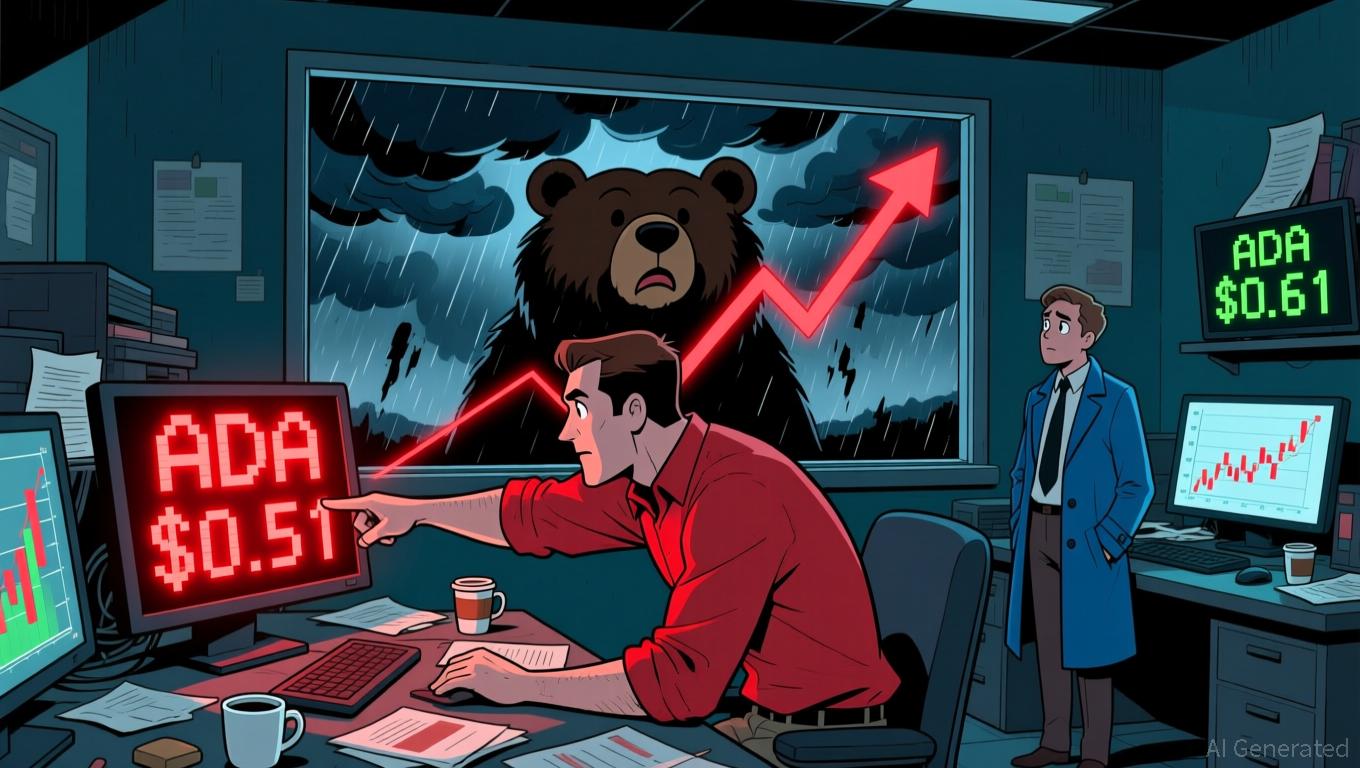Bitcoin and Ethereum ETFs Experience Significant Outflows
- Main event focuses on substantial BTC and ETH ETF outflows.
- Institutional sell-offs indicate market shifts.
- Significant financial impact due to these outflows.
Bitcoin ETFs experienced a net outflow of 2,300 BTC, while Ethereum saw a more substantial net outflow of 54,389 ETH. Major issuers like BlackRock, Grayscale, and Fidelity reported these figures, highlighting notable shifts in capital flows.
Main Content
Bitcoin and Ethereum Exchange-Traded Funds (ETFs) recently recorded significant net outflows. Today, Bitcoin ETF reported an outflow of 2,300 BTC, while Ethereum ETF faced an outflow of 54,389 ETH.
These outflows signify potential short-term adjustment in the cryptocurrency market, driven by institutional sell-offs impacting BTC and ETH prices.
On-chain analytics and official fund flow data indicate that the Bitcoin ETF experienced a net outflow of 2,300 BTC, whereas the Ethereum ETF saw a notably higher outflow of 54,389 ETH. This movement affects major issuers like BlackRock and Grayscale.
Key players involved include major investment firms such as BlackRock, Grayscale, Fidelity, and Ark/21Shares. These entities indirectly confirm current large-scale capital transitions into other assets, impacting overall market dynamics.
“Bitcoin (BTC) exchange-traded funds (ETFs) are being adopted by investment advisors more rapidly than any other ETFs in history.” – Matt Hougan, CIO, Bitwise
The immediate effects demonstrate a reduction in institutional confidence, potentially reflecting short-term profit-taking or rebalancing strategies. Ethereum’s capital withdrawal, exceeding $183.7M, suggests lessened institutional interest compared to previous months.
Financial impacts extend beyond direct market activity, hinting at increased volatility and capital reallocation. Such outflows are not isolated events historically, often aligning with phases of broader economic adjustment.
Future outcomes may encompass further shifts in regulatory landscapes, market strategies, and technological adoption within the crypto sector. Historical trends have shown similar patterns result in temporary price fluctuations, advising stakeholder vigilance amid evolving market scenarios.
Disclaimer: The content of this article solely reflects the author's opinion and does not represent the platform in any capacity. This article is not intended to serve as a reference for making investment decisions.
You may also like
Cardano News Update: Institutions Embrace Cardano While DeFi Advances—Cardano and Mutuum Finance Set the Stage for 2025 Crypto Evolution
- Cardano (ADA) and Mutuum Finance (MUTM) lead 2025 crypto divergence through institutional adoption and DeFi innovation. - Cardano partners with EMURGO/Wirex to launch ADA-spending "Cardano Card," targeting 6M users and ISO 20022 alignment for institutional credibility. - Mutuum Finance raises $18.8M in presale, plans Q4 2025 testnet with liquidity pools and mtTokens, offering 250% returns for early buyers. - ADA faces bearish technical patterns and whale selling, while MUTM's low entry price and structur

XRP News Today: Crypto Market Turbulence Rises as SEC Alters Regulations and Major Whale Closes Short Position
- A "Triple Short ASTER" whale liquidated a 4.79M AST short position, triggering crypto market volatility and $10M+ in ETH/XRP losses. - XRP dropped to $2.40 amid Canary Capital's ETF launch, while ETH longs face losses from SEC's accelerated crypto ETF approval process. - SEC's 20-day ETF filing rule and 21Shares' crypto index ETFs (TTOP/TXBC) highlight growing institutional exposure and regulatory uncertainty. - Market analysts link whale activity to broader trends in derivatives trading, ETF adoption, a

China’s economic framework faces challenges from both international trade tensions and internal pressures
- China's economy faces stalling risks as trade tensions, supply chain disruptions, and domestic challenges converge, with record investment declines undermining growth. - Trump's 100% tariffs on Chinese imports and export controls, alongside Beijing's retaliatory measures, create volatility despite temporary trade truce efforts. - Sector-specific risks persist: antimony export bans are suspended, but rare earths and semiconductor disputes remain unresolved, while real estate-linked industries like Lingong

Alibaba and JPMorgan's Tokenization Breakthrough: Driving $3 Billion in Worldwide B2B Trade
- Alibaba partners with JPMorgan to launch tokenized USD/euro payments by December, aiming to cut cross-border transaction delays and costs via blockchain technology. - The initiative uses JPMorgan's JPMD token to enable real-time global settlements, bypassing intermediaries that typically slow down 72-hour international transfers. - Complementing this, Alibaba introduces AI tools like AI Mode ($20/month) for supplier comparisons and agentic pay for automated contract drafting, diversifying revenue streams
